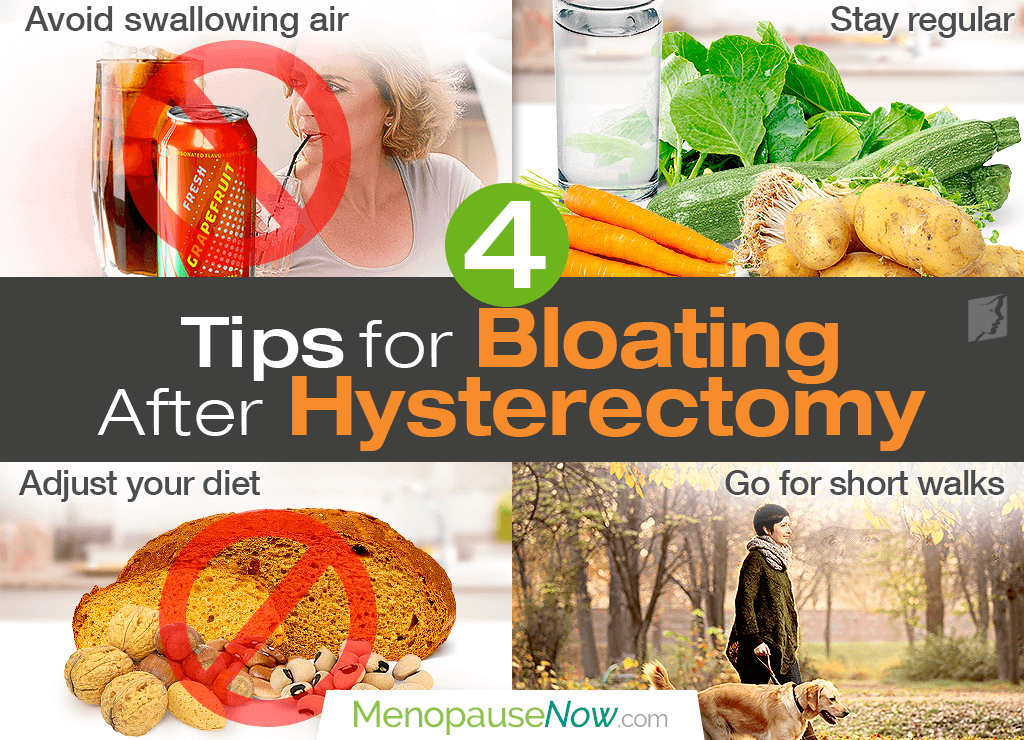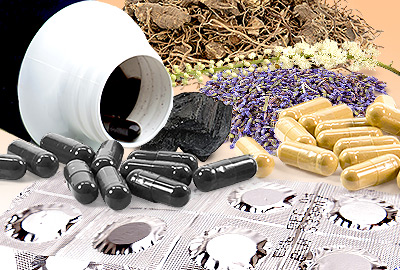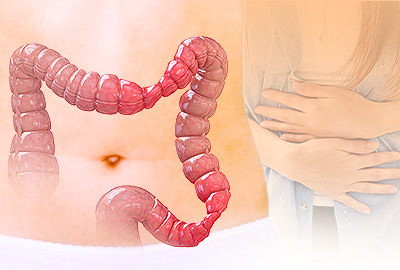After an abdominal surgery such as a hysterectomy, passing gas is a sign that the bowels are returning to their normal function. Absence of gas within hours can lead to bloating, which may indicate a delay in gastric motility and should be evaluated by a doctor. Even once she passes gas and is sent home, it may take time for her intestines to recover. Meanwhile, she might be experiencing some gas pain after hysterectomy, which can be relieved with at-home measures.
Continue reading about four tips for bloating after hysterectomy as well as additional recommendations to take back control over your body as you recover from this major life event.
Avoid swallowing air
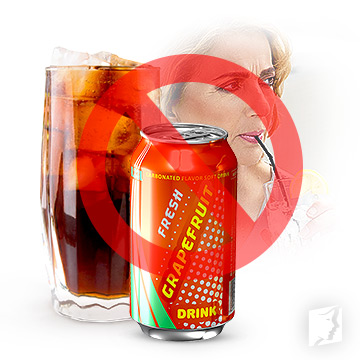
Although bloating is generally caused by bacteria produced in the gastrointestinal system, it can also be caused by a surgical intervention, such as hysterectomy, and worsened by swallowing air and gases when eating or drinking.
Cut down on the main culprits of feeling bloated after hysterectomy: drinking carbonated beverages like soda or sparkling water; chewing gum; sucking on hard candies; eating while talking; or drinking through a straw.
Stay regular
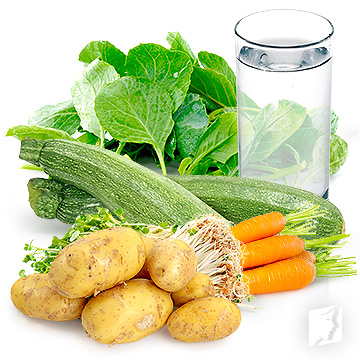
Preventing constipation is a common self-care, post-operative recommendation for women who have undergone hysterectomies, and it also happens to be of use for preventing or managing post-hysterectomy bloating.
Having said that, the first bowel movement should occur four to five days after surgery. So, in the meantime, promote optimal gastrointestinal function with fresh fruits, ample amounts of water, and low-FODMAP vegetables, which are better absorbed in the small intestine and include spinach, zucchini, bean sprouts, and carrots.
Adjust your diet

Excessive amounts of high-fiber foods - like beans, legumes, nuts, and whole grains - can worsen a gas pain after hysterectomy. Also, the consumption of fatty foods can exacerbate bloating as they inhibit timely digestion and clearing of the stomach.
It is worth noting that every woman's body reacts differently to food groups. If you do notice problems, try an elimination diet to manage hysterectomy bloating. Also, any diet changes should be cleared by your medical practitioner.
Go for short walks

Staying active also prevents constipation by promoting healthy peristalsis, which, in turn, relieves a bloated stomach after hysterectomy.
For at least the first few weeks after surgery, it is usually acceptable to take short, slow walks and stretch lightly. A good time to take a walk is after a nap. However, do not over-exert yourself, and try to evade or climb stairs slowly. Also, be sure to clear any exercise post-operation with your doctor beforehand.
Post-Bloating Recommendations
Once a bloated belly after hysterectomy is managed, women should be aware of other symptoms on the nearby horizon concerning their reproductive health.
Although a hysterectomy generally leaves the ovaries intact, it is not uncommon for women to enter menopause within five years of the surgery because of decreased blood supply to the reproductive organs. This can mean the appearance of hot flashes, mood swings, low libido, and other pesky symptoms.
Luckily, women can pursue menopause symptoms treatments early on to encourage endocrine system health. These treatments focus on various lifestyle changes that include an optimized diet, regular exercise, and wholesome habits alongside alternative medicine.
Moreover, those who are searching further natural and effective bloating treatments may do so, always keeping in mind doctor's orders.
Key Takeaways
A hysterectomy is a major operation that many middle-aged women undergo, and it can leave them with many post-operation symptoms, bloating being one of them. Helpful tips like avoiding swallowing air, staying regular, adjusting your diet, and going for short walks can assist a great deal with decreasing the amount of trapped gas after a hysterectomy. Then, when women have that under control, they may look to balance hormones afterwards to make up a deficit that may soon evolve.
Sources
- Alberta Health Services. (2018). Laparoscopically Assisted Vaginal Hysterectomy: What to Expect at Home. Retrieved August 28, 2019, from https://myhealth.alberta.ca/Health/aftercareinformation/pages/conditions.aspx?hwid=ug6339
- Canadian Society of Intestinal Research. (2012). Physical Activity and GI Health. Retrieved August 28, 2019, from https://badgut.org/information-centre/a-z-digestive-topics/physical-activity-and-gi-health/
- Cleveland Clinic. (2018). Hysterectomy: Recovery and Outlook. Retrieved August 28, 2019, from https://my.clevelandclinic.org/health/treatments/4852-hysterectomy/recovery-and-outlook
- Dana-Farber Cancer Institute. (n.d.). Recovering from your hysterectomy. Retrieved August 29, 2019, from https://www.dana-farber.org/health-library/articles/recovering-from-your-hysterectomy/
- Foley, A. et al. (2014). Management Strategies for Abdominal Bloating and Distension. Gastroenterology & Hepatology, 10(9), 561-571. Retrieved August 28, 2019, from https://www.ncbi.nlm.nih.gov/pmc/articles/PMC4991532/
- Harvard Health Publishing. (2018). What's causing that belly bloat? Retrieved August 28, 2019, from https://www.health.harvard.edu/diseases-and-conditions/whats-causing-that-belly-bloat
- NHS. (2019). Considerations: Hysterectomy. Retrieved August 29, 2019, from https://www.nhs.uk/conditions/hysterectomy/considerations/
- Woman's Hospital. (n.d.). Bowel Function. Retrieved August 29, 2019, from http://www.womans.org/our-services/surgery/prepare-for-your-surgery/your-recovery-from-surgery/bowel-function

